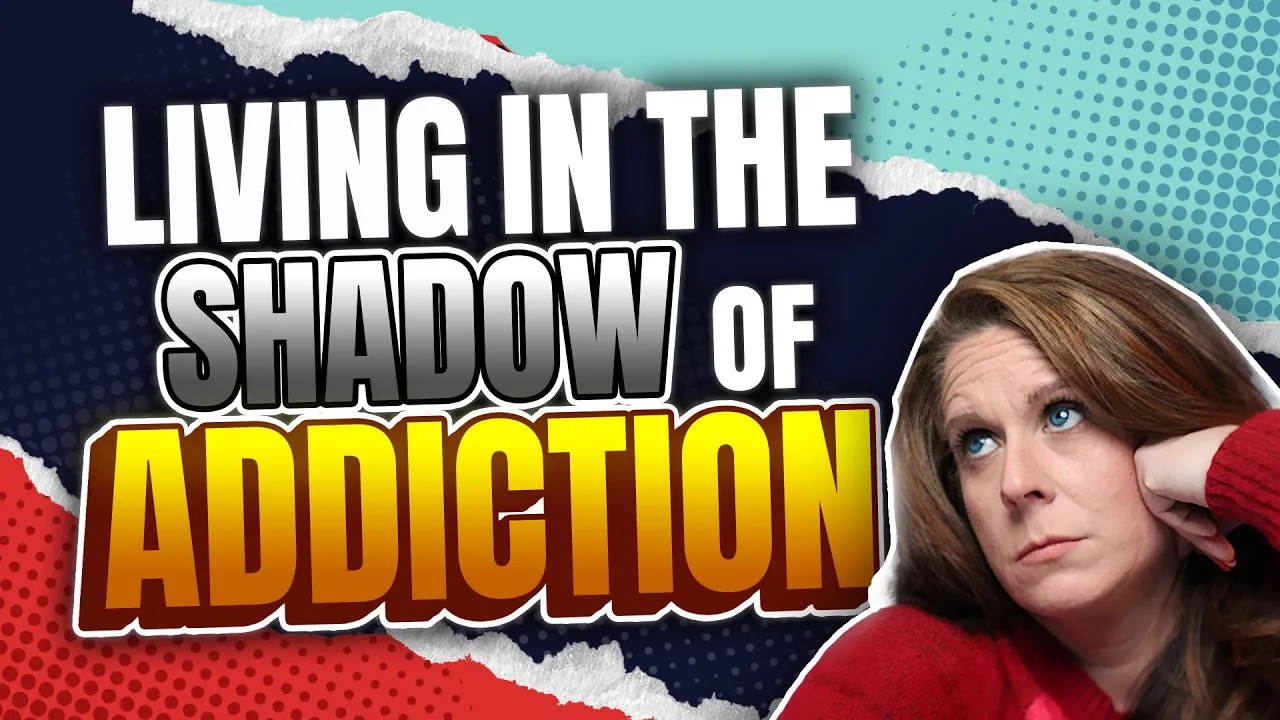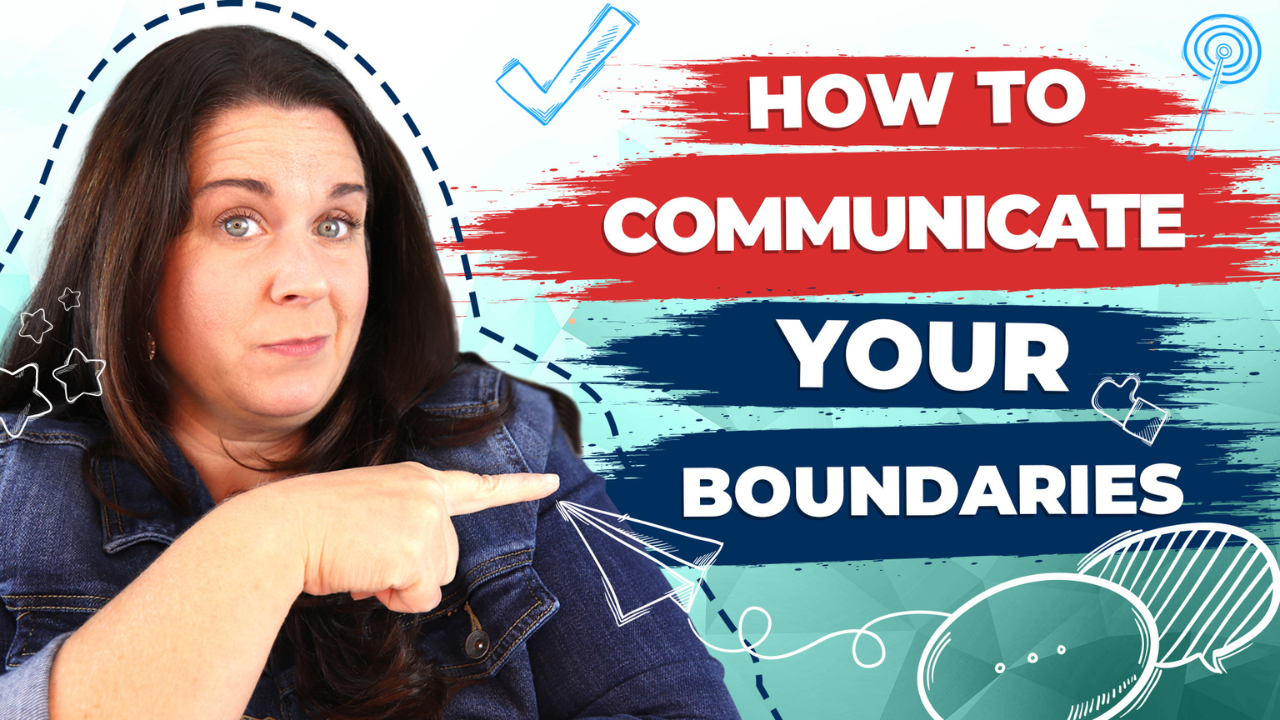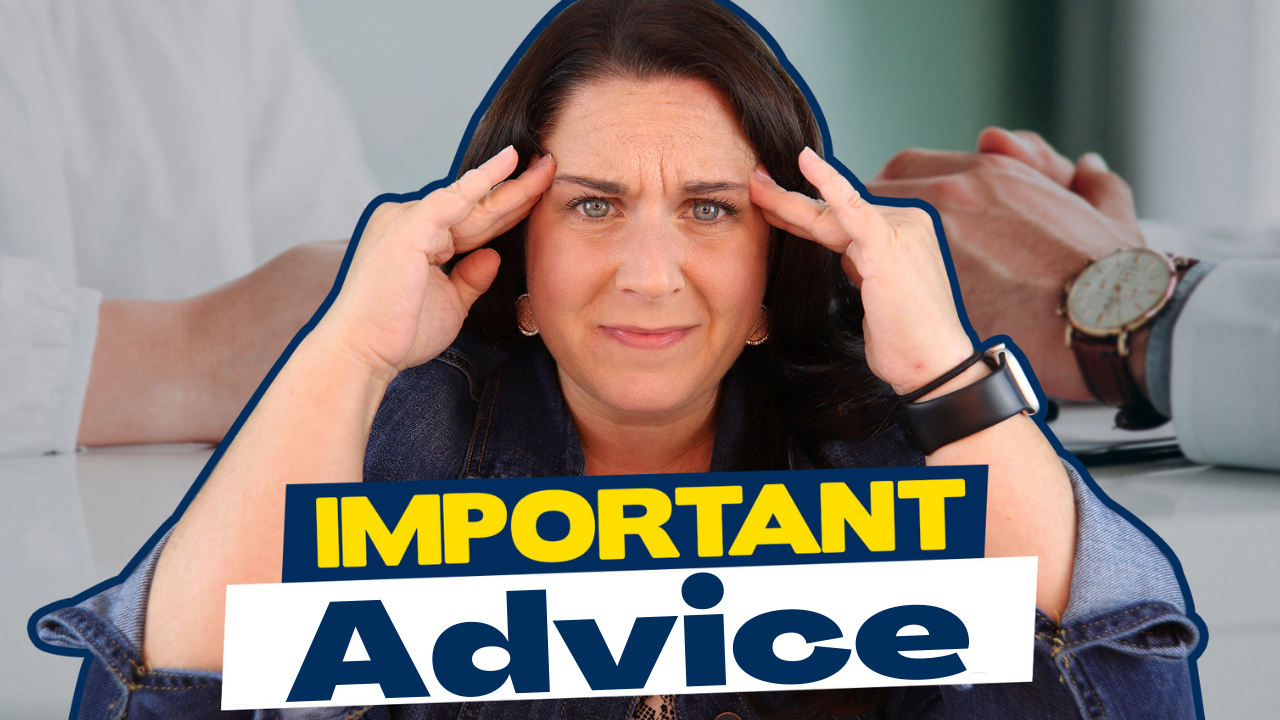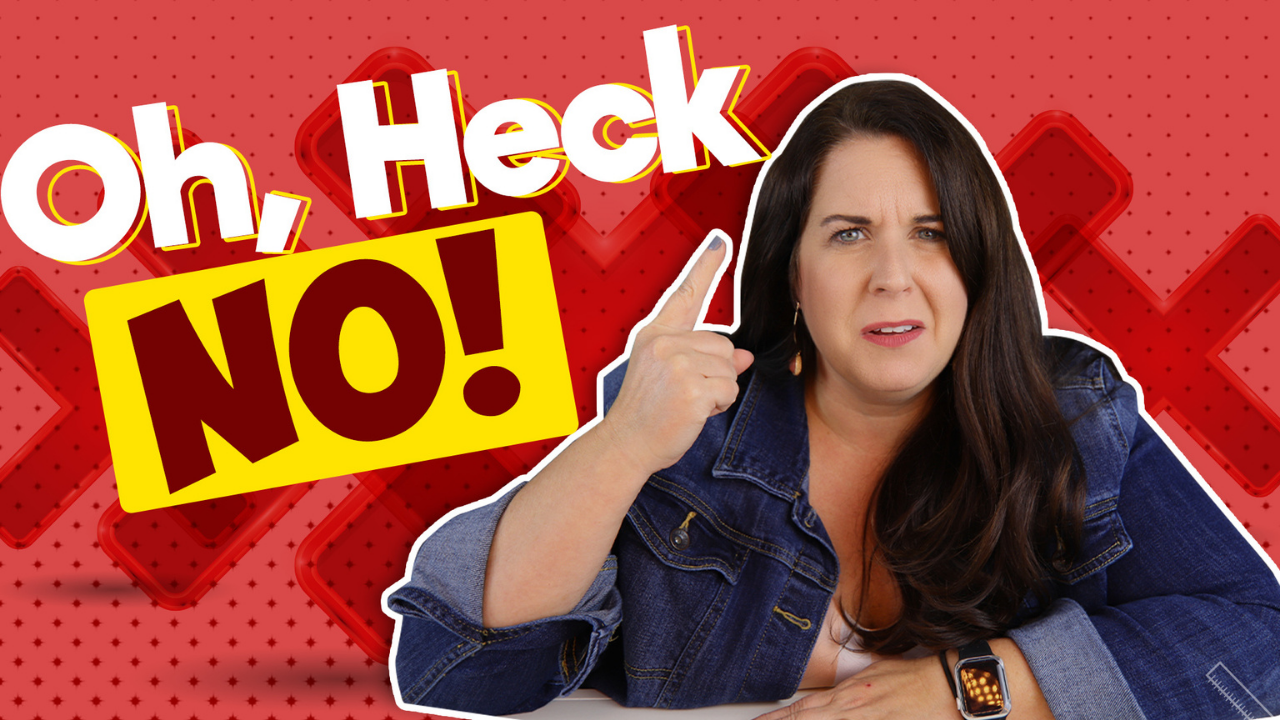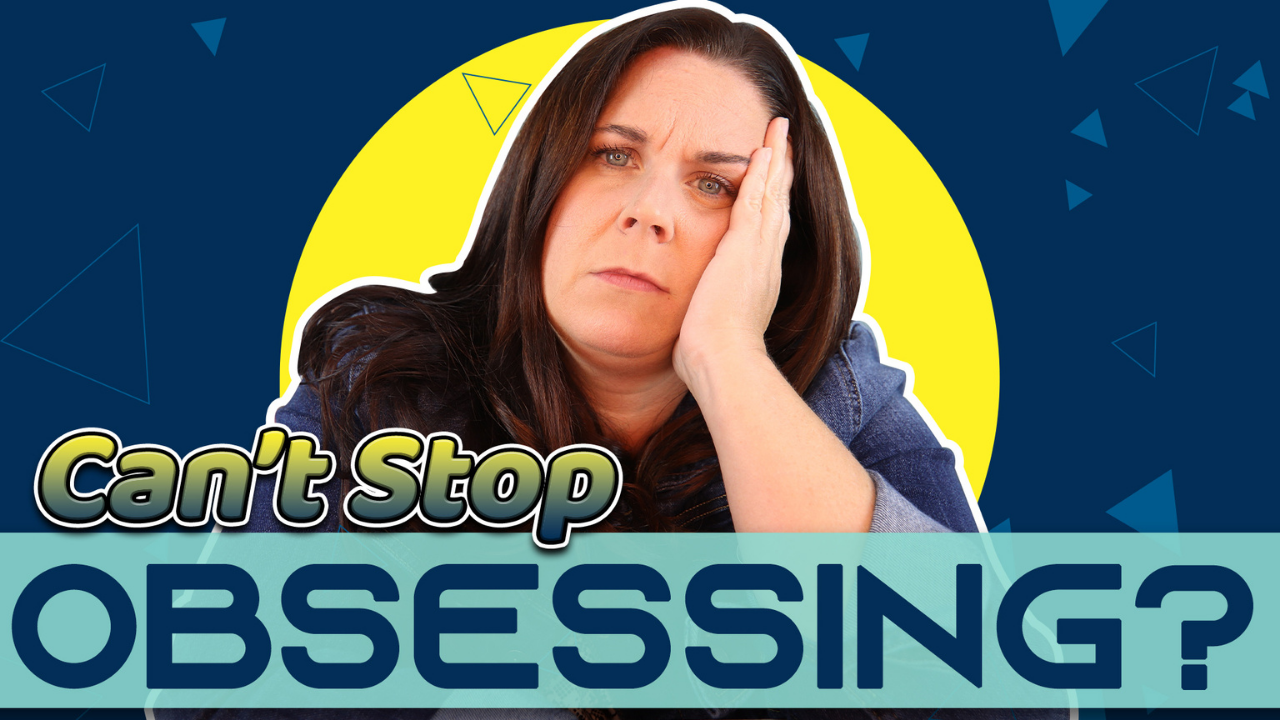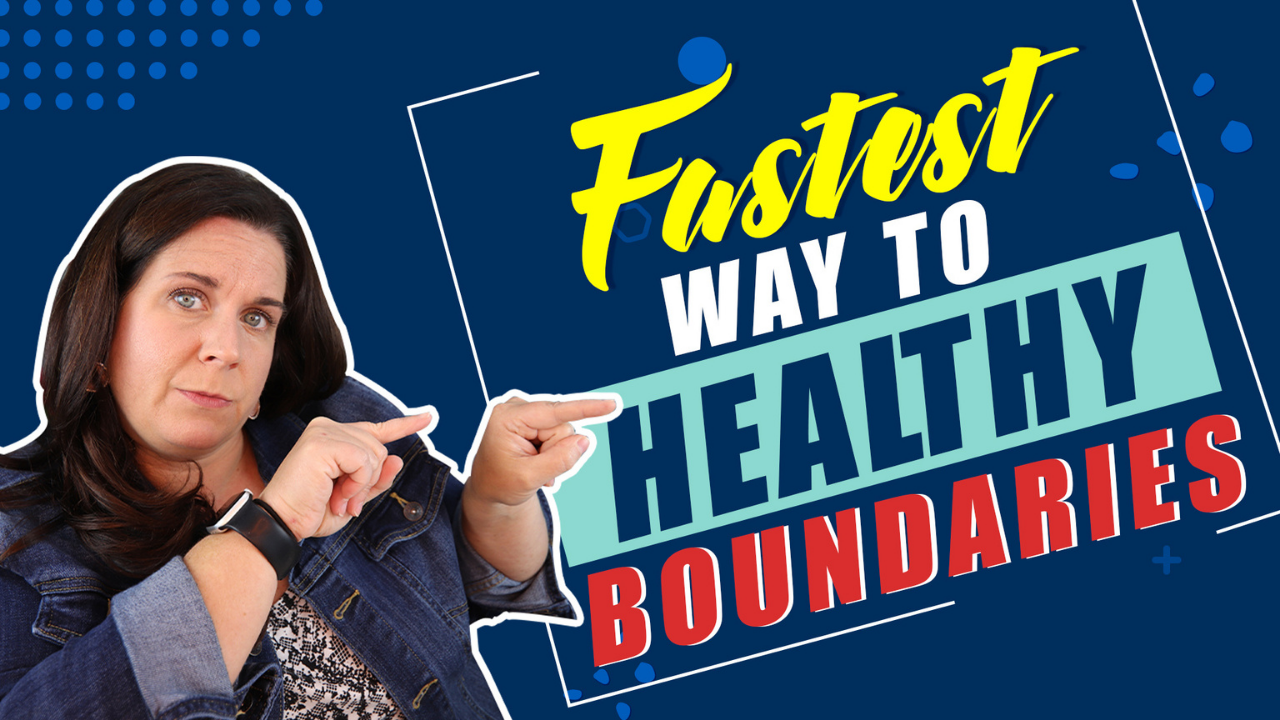What No One Tells You About Having an Addicted Sibling...
When Your Sibling is Addicted: A Different Kind of Heartbreak
Most discussions about addiction focus on the perspective of the person struggling or their immediate family—typically a parent or spouse. But today, we’re shifting the lens to an often-overlooked perspective: the sibling of an addicted person.
Having a brother or sister battling addiction is a completely different experience. Your response, emotions, and challenges are unique compared to those of a parent or spouse. Whether you grew up with an addicted sibling or their addiction emerged in adulthood, the impact on you is profound.
As a seasoned addiction counselor and someone who comes from a family with addiction, I understand this firsthand. I’ve avoided this topic for a long time because of its deeply personal nature, but today, we're diving in.
The Unique Challenges of Having an Addicted Sibling
Every sibling relationship is different, but addiction throws in additional layers of complexity. Your experience may b...
Boundaries 101: How to Love an Addict Without Burning Out
Setting Boundaries with a Loved One Struggling with Addiction: Avoid These 3 Common Mistakes
Loving someone with an addiction is incredibly difficult and heartbreaking. Of course, you want to help them, but you also have to protect yourself. And as you probably already know, that can be very, very challenging. Keep reading to discover crucial tips on avoiding the top three most common boundary mistakes—and what to do instead.
These top three boundary mistakes might not be what you’re expecting, so stay with me—there’s logic behind them.
Boundary Mistake #1: Setting Too Many Boundaries
When you love someone with an addiction, their substance use impacts not just them but you, too. It’s completely natural to want to control their behavior in an attempt to shield yourself from the chaos. This often leads to setting too many boundaries—rules about what they can and cannot do, expecting them to comply.
But here’s the catch: boundaries are about what you will and won’t accept, not a...
4 Common Ways Partners and Spouses Accidentally Self-Sabotage in Relationships

In any relationship, setting boundaries and maintaining healthy dynamics can be challenging. Sometimes, partners and spouses unintentionally self-sabotage their relationships without even realizing it. Let's highlight the four common ways individuals may unknowingly undermine their relationships and provides guidance on avoiding these pitfalls. By recognizing and understanding these behaviors, you can make conscious choices to foster healthier connections with your partner.
-
The Difference Between Requests and Boundaries: One common mistake people make is confusing requests with boundaries. A request is simply asking someone to do or not do something, like asking your partner to pass the salt or not to drive the kids when they've been drinking. It's essential to recognize that these are just requests and not boundaries. When requests are not followed, it can lead to frustration and a sense of violated boundaries. Understanding the distinction between requests and boundaries is cruc...
Boundaries With An Alcoholic Spouse (part 1)
Trying to keep good boundaries with a spouse who has a substance abuse problem can get complicated. Are your boundaries healthy and appropriate? Let's find out...
There are some standard issues when it comes to being in a marriage, especially when someone has a substance abuse problem. Those are:
- Money-always a big category
- Household responsibilities and who's responsible for what.
- Safety issues can include things like driving.
I'm going to give you some examples of boundaries in each category. As we go through this, identify the appropriate boundary, the ones articulated in the right way.
First up, let's talk about driving.
Four Driving Boundaries examples:
#1- I'm not going to allow you to drive our kids if I think you've been drinking.
#2- You're not going to leave this house in our car when you've been drinking.
#3- I won't provide insurance under my name if I think you're likely to drive while intoxicated.
#4- Please do not drive home drinking. It makes me a nervous wreck....
Boundaries With An Alcoholic Spouse (part 2)
This is Boundaries with an Alcoholic Spouse, part two. If you haven't watched part one, I suggest you go back and watch that first.
But if you've already watched it and you're here for the answers, you're in luck because we'll go over those boundary examples.
Under the drunk driving category, we had four boundaries to explore.
#1- I'm not going to allow you to drive our kids if I think you've been drinking.
This one is a pretty appropriate boundary. Here's a hint-A healthy boundary usually starts with "I." It's not telling the other person what they will and won't do, you're saying what you will and won't do. *A special note about this boundary...I think that's an appropriate, reasonable, healthy boundary, and it's communicated appropriately, but I want you to ask yourself, how will you hold that boundary? It's not just what boundary you'll set, but how to enforce it. Make sure you've thought about that before you set this type of boundary.
#2- You're not going to leave this h...
How and When To Break Away From Someone Who Has An Addiction!
Breaking away from someone who has an addiction is an extremely difficult decision to make. I'm going to give you some guidelines that will help you think the situation through strategically.
WHEN to break away
&
HOW to break away.
This decision and process may be the most difficult thing you've done in your life. The person may firmly resist your efforts. You're going to have so many mixed feelings. You'll likely have guilt about leaving, and maybe you feel like you're their last bridge out there. You may have the belief that if you leave, they will fail.
Maybe you're even still hoping they will turn it around because you see little glimpses of the real them now and then.
Those thoughts will keep sucking you back into the relationship.
When should you break away from someone who has an addiction to drugs, alcohol, gambling, or any addiction?
When #1
Break away after you've given leaving a lot of thought. It's not a decision you need to make in the heat of the moment or after a b...
Real Life Examples of What To Do When Someone Is Breaking Your Boundaries!
What do you do when someone continuously breaks your boundaries?
Do you have a person like that in your life?
Is it a friend, a family member, a loved one, a coworker, or a boss?
Boundaries are a huge topic in the realm of addiction recovery.
Now you might be thinking this video is only for the family members. Wrong! This video is for anyone who wants to learn more about holding healthier boundaries and how to do it more effectively. I know how frustrating it is to have a person in your life that can't seem to respect your boundaries.
The hard truth is no one else can break your boundary. Only YOU can break your boundary.
If someone else is crossing lines that you don't want them to cross, it means you're allowing them to break your boundary. It's so easy to fall into the idea that it's the other person that's the bad guy. I understand that on some level. Unfortunately, It doesn't work that way and ultimately falls on us to keep our boundaries. It's easy to get confused because ...
Help! I'm Addicted To A Person! 💙💔
What is an addiction to a person? How does it happen? When does it happen? How do you break that addiction?
To be honest, it's the same as being addicted to anything else. Drugs/alcohol, gambling, and spending are all things you can be addicted to.
Addiction means that you continue to pursue something although it's having harmful effects on your life. Looking at addiction, it's not a far jump to see how it's possible to be addicted to a person. You can continue to pursue a relationship even though it's having harmful effects on your life and maybe even other people's lives, but add a little bit more depth to the idea of what an addiction is.
Other addictive symptoms include craving obsession. The loss of control and an inability to stop. Let's clarify the difference between being addicted to a person and being madly in love with a person. There are some similarities there, right. You might have that craving, that obsessive fault.
What you don't have in the madly in love departmen...
Healthy vs. Unhealthy Boundaries
What is the quickest way to go from unhealthy boundaries to healthy boundaries? Let's identify a few situations where you could slide into unhealthy boundaries and learn how to turn the situation around.
Whatever side of the issue you're on, everything I will teach you today is helpful, whether or not addiction is in your life. A quick way to figure out if you're sliding into unhealthy boundaries with someone is to determine whether or not you're on the drama triangle. These are healthy skills that we can all benefit from.
In the 1960s, Stephen Cartman came up with this theory called the drama triangle as a way of explaining dysfunctional social interaction. I love to explain this to people because it's so easy to understand and has such a concrete visual, which helps.
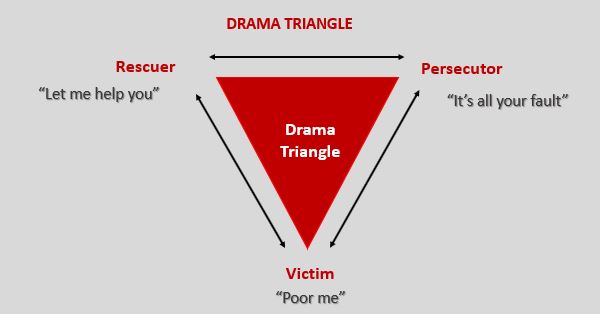
There are three roles in the drama triangle--The rescuer, the victim, and the persecutor.
If you find you're demonstrating these characteristics, this is a surefire signal that you are sliding into the unhealthy ...
The Best Way To Communicate your Boundaries

This topic is crucial, whether you're the family member, the person who has the addiction, your counselor, or you don't have anything to do with addiction. You need to know how to set and communicate effective boundaries.
The most effective way to communicate a boundary is by not verbally communicating. You see, that's where most people mess it up. They want to tell people what they can and can't do or will and won't do. You say to your kid, you can't have drugs in this house, or you can't come home drunk anymore. I know you want to communicate that way because you feel like you're setting a boundary, but boundaries are about your behavior, not their behavior.
You can set boundaries for your behavior.
When setting a boundary for your behavior, you must stop believing that people deserve a fair warning.
You have in mind that because you've communicated the boundary, you've set this new rule, and the person is to respect that.
It sounds great in theory, but it's ineffective. Someone...
